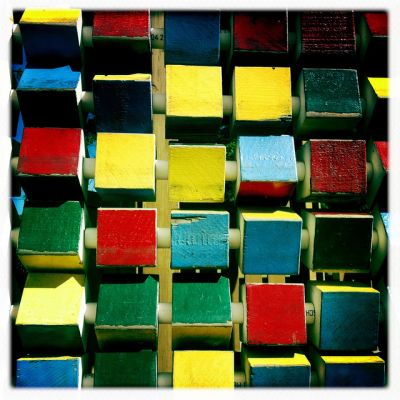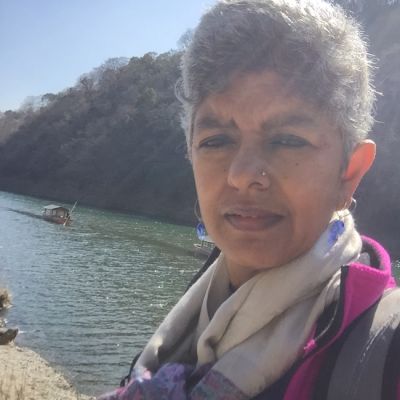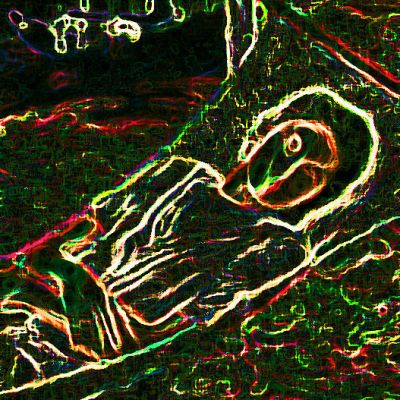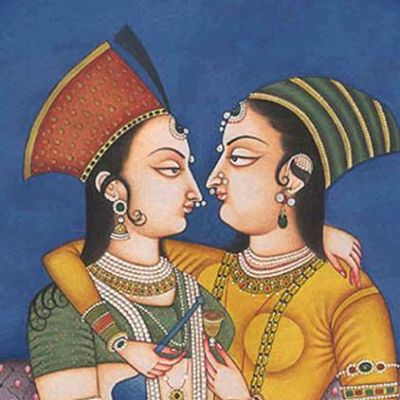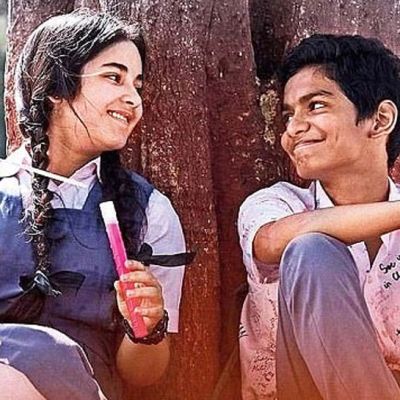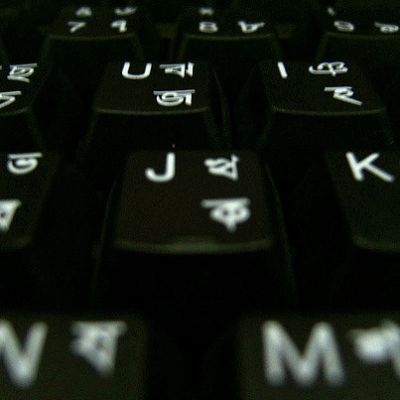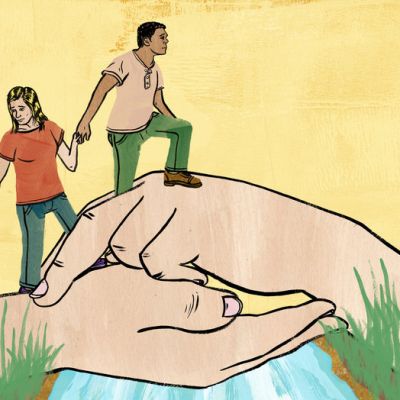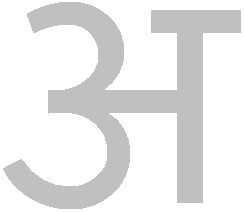Language and Sexuality
In my opinion, Ghosh was in search of a language of cinema which could be adequately expressive of queerness; he was slowly moving towards inventing that language, which would not be alienating to his conformist audiences, yet, would be intelligibly pleasurable to his (informed) queer viewers.
In the mid-month issue we have articles about the power of language to name, shame, and wound as well as articles about the subversive potential of language to turn the established order on its head and sing and dance around it.Here we mean language, as in not-just-English.
A basic analysis of the most powerful swear words reveals that the vast majority are somehow related to sex (as in the act) or sexuality.
Feminist, activist, writer, counsellor and trainer, Nandini Rao, focuses on issues of gender-based violence and discrimination, sexuality and disability and on incest and child sexual abuse.
As I reflect on what I had actively buried and tried to constantly forget, I realise how crucial language was in defining how I viewed myself.
It’s an entire genre of poetry known as rekhti, which was characterised by a female speaker and preoccupation with women’s everyday lives.It is counter posed to rekhta, the “literature narrated in the masculine voice”.
Several recent mainstream Hindi films have dealt with issues of sexuality and gender not usually discussed in the intended audience’s drawing rooms.
Many queer Indians who converse largely in their respective regional languages find it difficult to put a name to their queer identity in their ‘mother tongue’.
Typos are speed breakers, and autocorrect has kinky preferences
While there have been many music videos objectifying women where they are shown to be given favours by men, it is amazing to note that even in a song where a woman is being refused the ‘gifts’ she seeks, the objectification of women persists.
You speak in so many tongues to me as you journey languorously down my body.
How does one negotiate the “delicate and complex” terrain of giving, receiving and respecting consent, and safely and effectively express sexual desire?
On a Saturday morning, a group of adults gather in a circle in an elementary school classroom on the campus…
सेक्शुअलिटी को हिंदी में यौनिकता शब्द से संबोधित करते हैं, ये शब्द भी अपने आप में बहुत कुछ कहता है।…
The Meitei queer’s tussle with sexuality continues to be a struggle jarred with discrimination, negation and moral policing through language.


